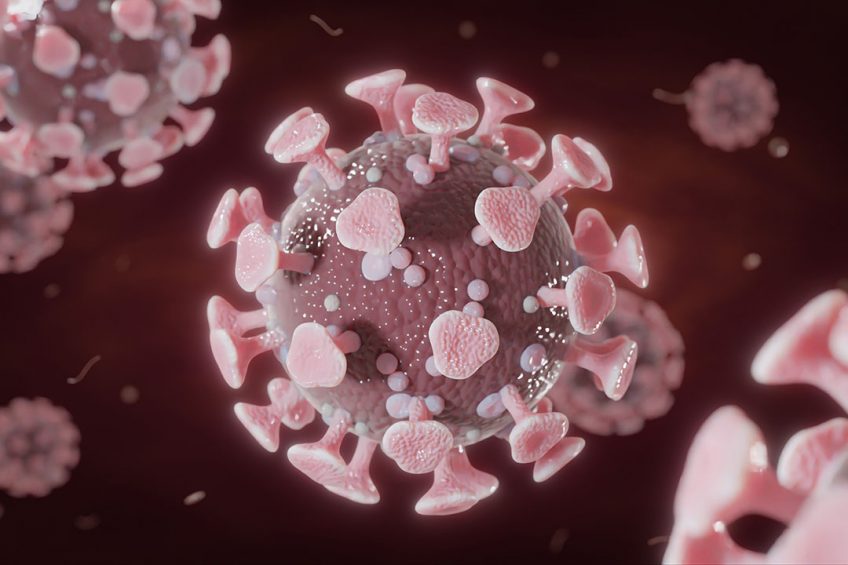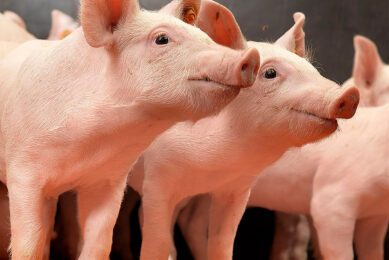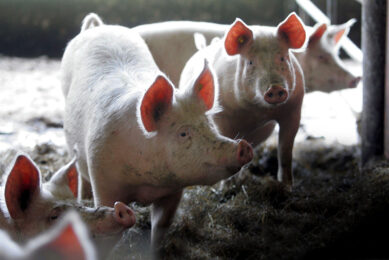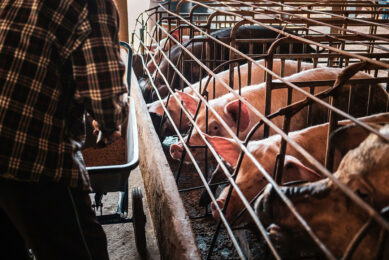3 key strategies for pig farms in times of Covid-19

As the coronavirus disease 2019 (Covid-19) is spreading around the world, various practical tips have been shared as to what people can do to avoid the further spread of the virus. Researchers at the University of Minnesota compiled a handy checklist about do’s and don’ts for pork and livestock producers.
The checklist was created by 2 veterinarians, Dr Montse Torremorell and Dr Jeff Bender, both attached to the College of Veterinary Medicine and the School of Public Health at the University of Minnesota, USA.
Performing as one health specialists
In an informative article on the website of the University of Minnesota, both authors indicated that although they are working mainly for pig health, they now need to take a broader view and think as ‘one health’ specialists. They wrote: “Without healthy workers, pigs’ health and well-being will suffer, not to say the producers themselves, the workers and all allied industries.”
They went on to write: “The impact on our agricultural sector could be dramatic, not only on the farm but all the allied industries that support those farms.”
Practical advices to apply at pig farms
The researchers stated that there are a couple of things that can be done until a vaccine has become available. They subdivided their advice in 3 strategies. In short, they come down to:
 Practice basic biosecurity protocols
Practice basic biosecurity protocols
General biosecurity protocols are the 1st line of defence. These should include:
- Don’t come to work ill;
- Wash hands/cover cough;
- Try to avoid touching your face;
- Regularly clean and disinfect high contact surfaces;
- Clean high traffic areas often such as showers, breakroom or office.
Without healthy workers, pigs’ health and well-being will suffer, not to say the producers themselves, the workers and all allied industries.”
 Practice social distancing
Practice social distancing
What does ‘social distancing’ look like on livestock operations?
- Limit number of people who come to work to essential personnel;
- Try to maintain 6 feet (1.8m) separation in the working environment;
- Try to do as much as possible on the phone or by video conferencing;
- Consider different staffing schedules to limit the number of workers at one time;
- Stagger arrival of workers to the farm so they do not congregate in the common air spaces;
- Plan break times so that only few workers are in the same room at the same time;
- Limit number of face-to-face meetings;
- Limit interactions with people outside of work:
- Do not carpool;
- Try to limit travel to essential locations (i.e. grocery store or pharmacy);
- Avoid large crowds;
- Restrict domestic or international travel during the height of the pandemic.
Stay up-to-date with Covid-19 impact on pig production
 Protect the pigs
Protect the pigs
The scientists went on to state that, although there are no documented cases of Covid-19 in pigs, “viruses can be promiscuous.” In other words: pigs need protection too and ill employees also should be kept home for that reason, they said.
For more information see Swine Disease Eradication Center
 Beheer
Beheer








 WP Admin
WP Admin  Bewerk bericht
Bewerk bericht